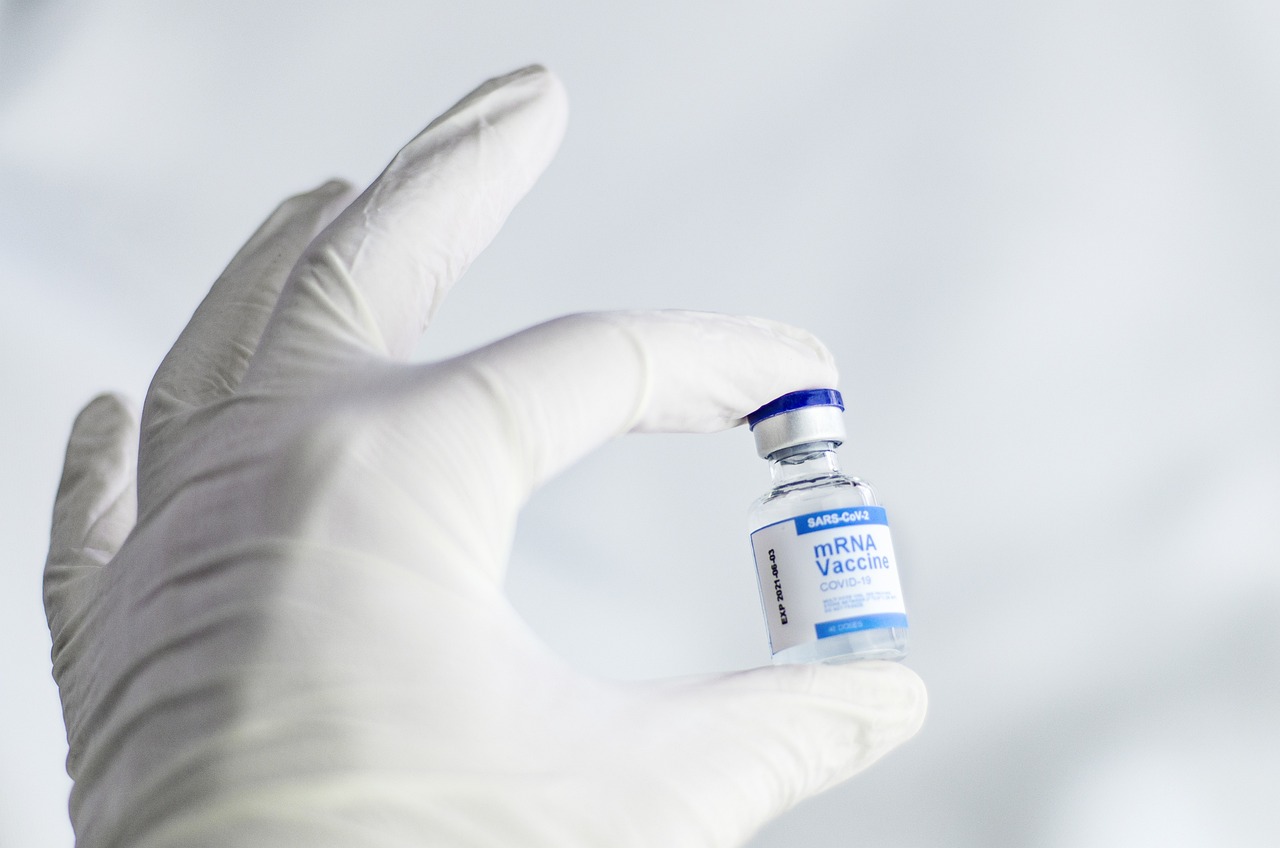A novel vaccine candidate that offers protection against Lassa fever has been developed by researchers from Thomas Jefferson University and the University of Maryland Baltimore, in partnership with the Geneva Foundation and the United States Army Medical Research Institute of Infectious Diseases (USAMRIID). In preclinical animal models, the study, which was published in npj Vaccines, 2024, showed that the vaccine successfully avoids severe instances of illness and mortality, opening the door for human research.
There are now a number of Lassa candidate vaccinations in development. But Matthias Schnell, PhD, who co-led the study and is the head of Thomas Jefferson University’s Jefferson Centre for Vaccines and Pandemic Preparedness, noted that his team’s LASSARAB vaccine had an edge over the others. He mentioned that live viral vectors are the foundation of the other two platforms being developed for Lassa fever, “which come with their own safety issues.”
Our vaccine is a deactivated or killed vaccine which is considered safer in general.
Matthias Schnell, PhD
Also, Read| Latest Research Discovered Brain-wide Decision Making Dynamics
The vaccine known as LASSARAB delivers antigens to defend against the Lassa fever virus using a deactivated rabies virus platform. Lassa fever is a severe hemorrhagic illness that is thought to cause between 300,000 and 500,000 infections as well as over 5,000 fatalities annually in areas of West Africa where it is prevalent. Serious side effects from the illness might include deafness, organ failure, and chronic neurological problems. There aren’t any approved vaccinations available right now to stop Lassa fever.
The damage to a patient is devastating,
It is a very severe disease that’s difficult to protect against, so when you find something that can keep you from dying, that’s pretty astounding.
Kathleen Cashman, PhD
In developing the vaccine, the scientists employed 12 juvenile non-human primates; half were given two doses of the LASSARAB vaccine, while the other half received CORAVAX, a COVID-19 vaccine, as a negative control. Although rabies served as the vector for both, the antigens that triggered an immune response differed. The LASSARAB-vaccinated group had less damage and lived to the conclusion of the investigation, while the control group had more severe illness symptoms, more internal organ damage, and did not survive throughout the course of the 28-day study. The need for more study is highlighted by the researchers’ observation that there is still much to learn regarding the disease’s overall persistence in young animals.
While the vaccine protected against severe disease and death and reduced fever, it did not prevent infection. The researchers believe the 28-day study period was not long enough to fully assess the vaccine’s ability to provide long-term immunity. They are optimistic that longer-term studies with more mature animal models will provide further insights into the vaccine’s ability to prevent long-term side effects.
The vaccination did not prevent infection, but it did protect against serious illness and mortality as well as lowering fever. The 28-day trial duration, in the opinion of the experts, was insufficient to properly evaluate the vaccine’s capacity to produce long-term protection. They believe that more information on the vaccine’s capacity to avert long-term adverse effects will be obtained through longer-term research using more experienced animal models.
If you get vaccinated and boosted against rabies, most people have lifelong protection,
So, we hope that the protection against Lassa will be also long-lived, which is important.
Matthias Schnell, PhD
The National Institute of Allergy and Infectious Diseases (NIAID) awarded a $30 million funding for this study, which has been essential in moving the vaccine candidate to this vital stage.
Also, Read| Patients with a rare inherited eye disease shows improvement after Gene Therapy Trials
This kind of work needs government and nonprofit funding,
This is not a SARS-CoV-2 vaccine. This vaccine is for neglected infectious diseases in a region of poor financial standing, so these people need our help.
Matthias Schnell, PhD
In light of this, Dr. Schnell’s Lassa virus vaccine is currently scheduled for a phase 1 clinical trial in November after the approval of an IND application submitted to the Food and Drug Administration.
Source: Thomas Jefferson University – News
Journal Reference: Scher, Gabrielle, et al. “Inactivated Rabies-based Lassa Fever Virus Vaccine Candidate LASSARAB Protects Nonhuman Primates from Lethal Disease.” Npj Vaccines, vol. 9, no. 1, 2024, pp. 1-15, DOI: https://doi.org/10.1038/s41541-024-00930-z.
Last Modified:




